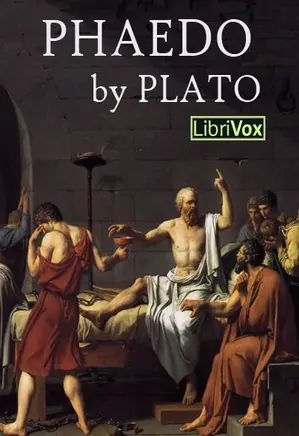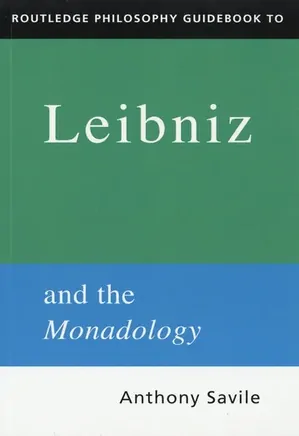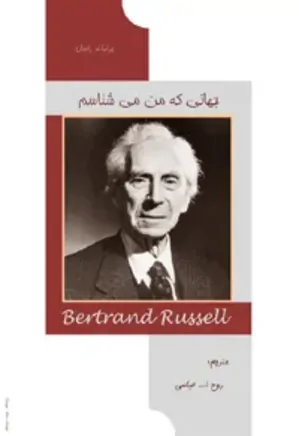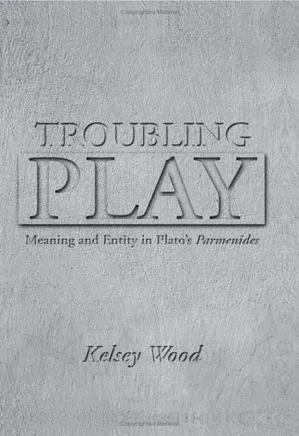Phaedo
نویسنده:
Plato
مترجم:
David Gallop
امتیاز دهید
Phædo or Phaedo (/ˈfiːdoʊ/; Greek: Φαίδων, Phaidōn, Greek pronunciation: [pʰaídɔːn]), also known to ancient readers as On The Soul, is one of the best-known dialogues of Plato's middle period, along with the Republic and the Symposium. The philosophical subject of the dialogue is the immortality of the soul. It is set in the last hours prior to the death of Socrates, and is Plato's fourth and last dialogue to detail the philosopher's final days, following Euthyphro, Apology, and Crito.
One of the main themes in the Phaedo is the idea that the soul is immortal. In the dialogue, Socrates discusses the nature of the afterlife on his last day before being executed by drinking hemlock. Socrates has been imprisoned and sentenced to death by an Athenian jury for not believing in the gods of the state (though some scholars think it was more for his support of "philosopher kings" as opposed to democracy) and for corrupting the youth of the city.
By engaging in dialectic with a group of Socrates' friends, including the two Thebans, Cebes, and Simmias, Socrates explores various arguments for the soul's immortality in order to show that there is an afterlife in which the soul will dwell following death. Phaedo tells the story that following the discussion, he and the others were there to witness the death of Socrates.
The Phaedo was first translated into Latin from Greek by Henry Aristippus in 1160. Today, it is generally considered one of Plato's greatest works.
بیشتر
One of the main themes in the Phaedo is the idea that the soul is immortal. In the dialogue, Socrates discusses the nature of the afterlife on his last day before being executed by drinking hemlock. Socrates has been imprisoned and sentenced to death by an Athenian jury for not believing in the gods of the state (though some scholars think it was more for his support of "philosopher kings" as opposed to democracy) and for corrupting the youth of the city.
By engaging in dialectic with a group of Socrates' friends, including the two Thebans, Cebes, and Simmias, Socrates explores various arguments for the soul's immortality in order to show that there is an afterlife in which the soul will dwell following death. Phaedo tells the story that following the discussion, he and the others were there to witness the death of Socrates.
The Phaedo was first translated into Latin from Greek by Henry Aristippus in 1160. Today, it is generally considered one of Plato's greatest works.








دیدگاههای کتاب الکترونیکی Phaedo